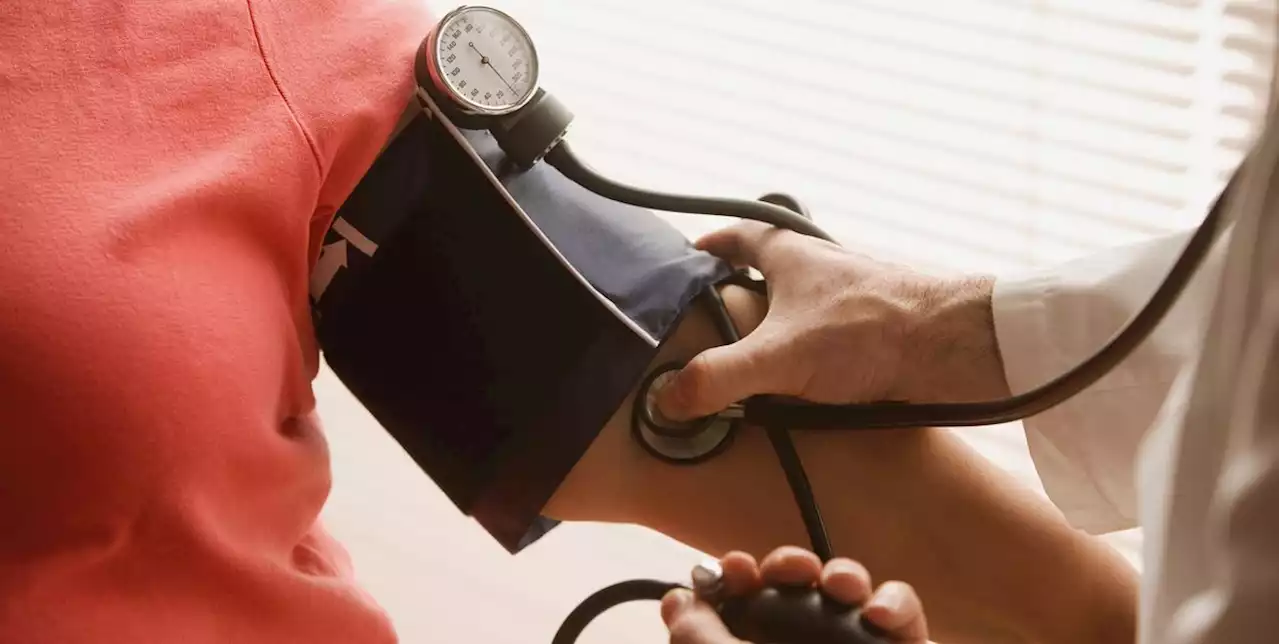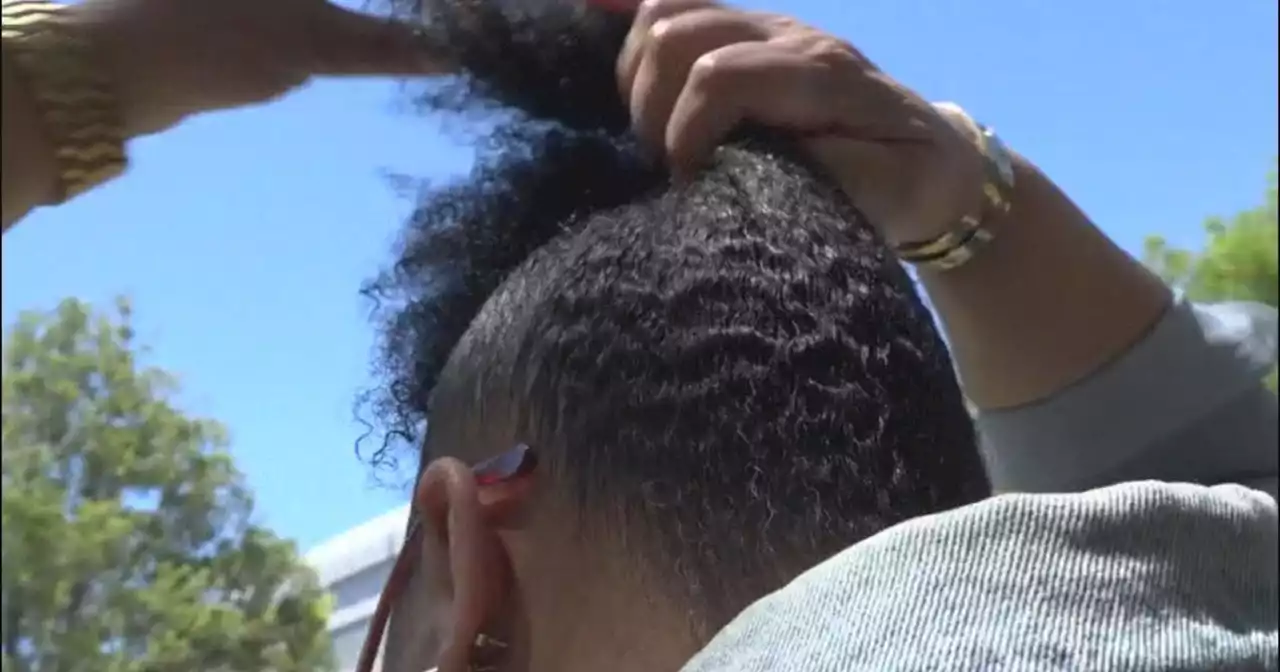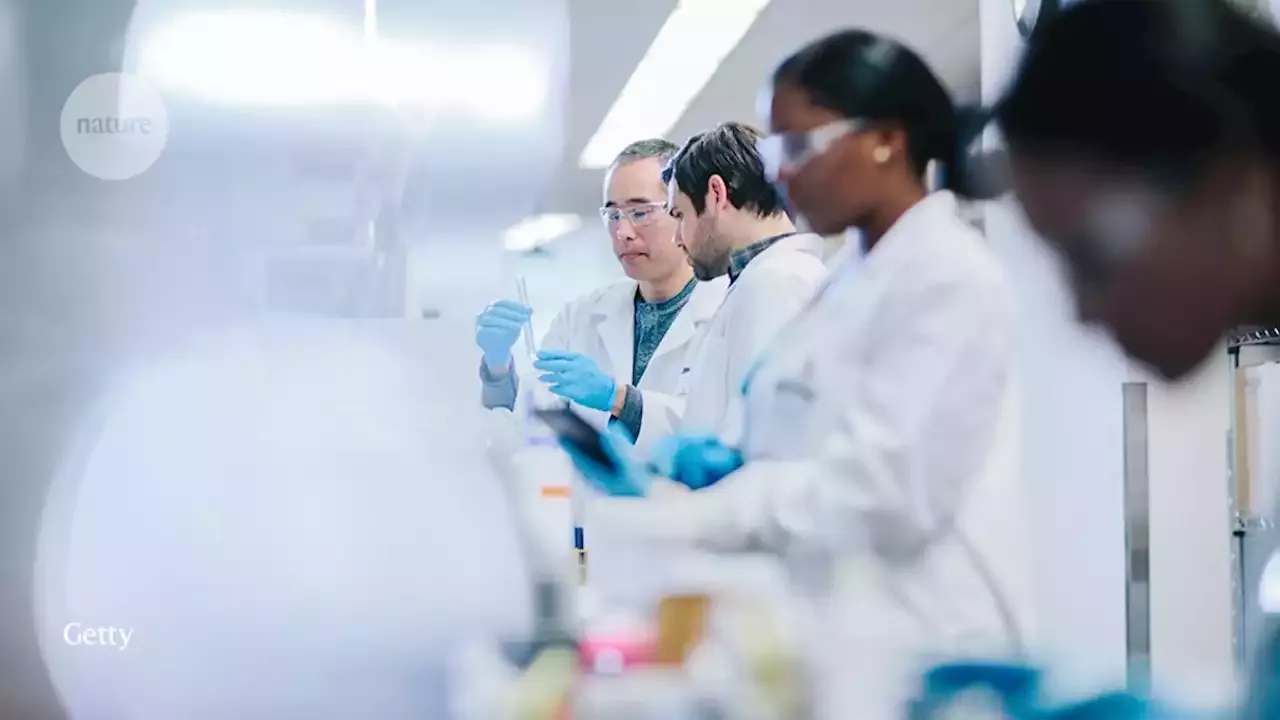Data reveal that to earn credit on scientific articles, women need to work harder than men.
Measuring what isn’t there, however, is challenging. To overcome this, Matthew Ross, an economist at Northeastern University in Boston, Massachusetts, and his colleagues used a large data set on almost 10,000 research teams in the United States to investigate who did and did not receive credit for work.
To estimate the potential authorships that women missed out on, the authors compared the team members employed a year before a paper’s publication date — the pool of potential authors — with the actual authors listed on the manuscript. They found that across all job titles and fields, men had double women’s chances of being named on any scientific document.
Both men and women said they had been excluded from papers to which they had contributed, but women were disproportionately affected. The most common reason researchers gave for not getting an author slot was that others underestimated their scientific contribution; 49% of women reported this, compared with 39% of men. Although respondents didn’t often mention feeling discriminated against, women were twice as likely to mention it as men.
United States Latest News, United States Headlines
Similar News:You can also read news stories similar to this one that we have collected from other news sources.
 Putin Is Dreaming of This Nightmare End to the WarRussia’s invasion was conducted with peacetime military forces. Should Russia declare that it is at war, it would then be able to mobilize its population and dedicate more resources to besting Ukraine.
Putin Is Dreaming of This Nightmare End to the WarRussia’s invasion was conducted with peacetime military forces. Should Russia declare that it is at war, it would then be able to mobilize its population and dedicate more resources to besting Ukraine.
Read more »
 New Study Links Man-Made ‘Forever Chemicals’ Called PFAS to Hypertension in WomenNew Research Links ‘Forever Chemicals’ Found in Drinking Water, Clothing to Hypertension in Women
New Study Links Man-Made ‘Forever Chemicals’ Called PFAS to Hypertension in WomenNew Research Links ‘Forever Chemicals’ Found in Drinking Water, Clothing to Hypertension in Women
Read more »
 When Language Prevents Kids From Succeeding At MathStudents who don’t read well or lack crucial vocabulary often face unnecessary obstacles—not just in reading but also in math.
When Language Prevents Kids From Succeeding At MathStudents who don’t read well or lack crucial vocabulary often face unnecessary obstacles—not just in reading but also in math.
Read more »
 Study finds link between Black hair products and breast cancerNew research at the City of Hope studied the effects of parabens and saw increased cell growth with Black breast cancer patients but not white breast cancer patients.
Study finds link between Black hair products and breast cancerNew research at the City of Hope studied the effects of parabens and saw increased cell growth with Black breast cancer patients but not white breast cancer patients.
Read more »
